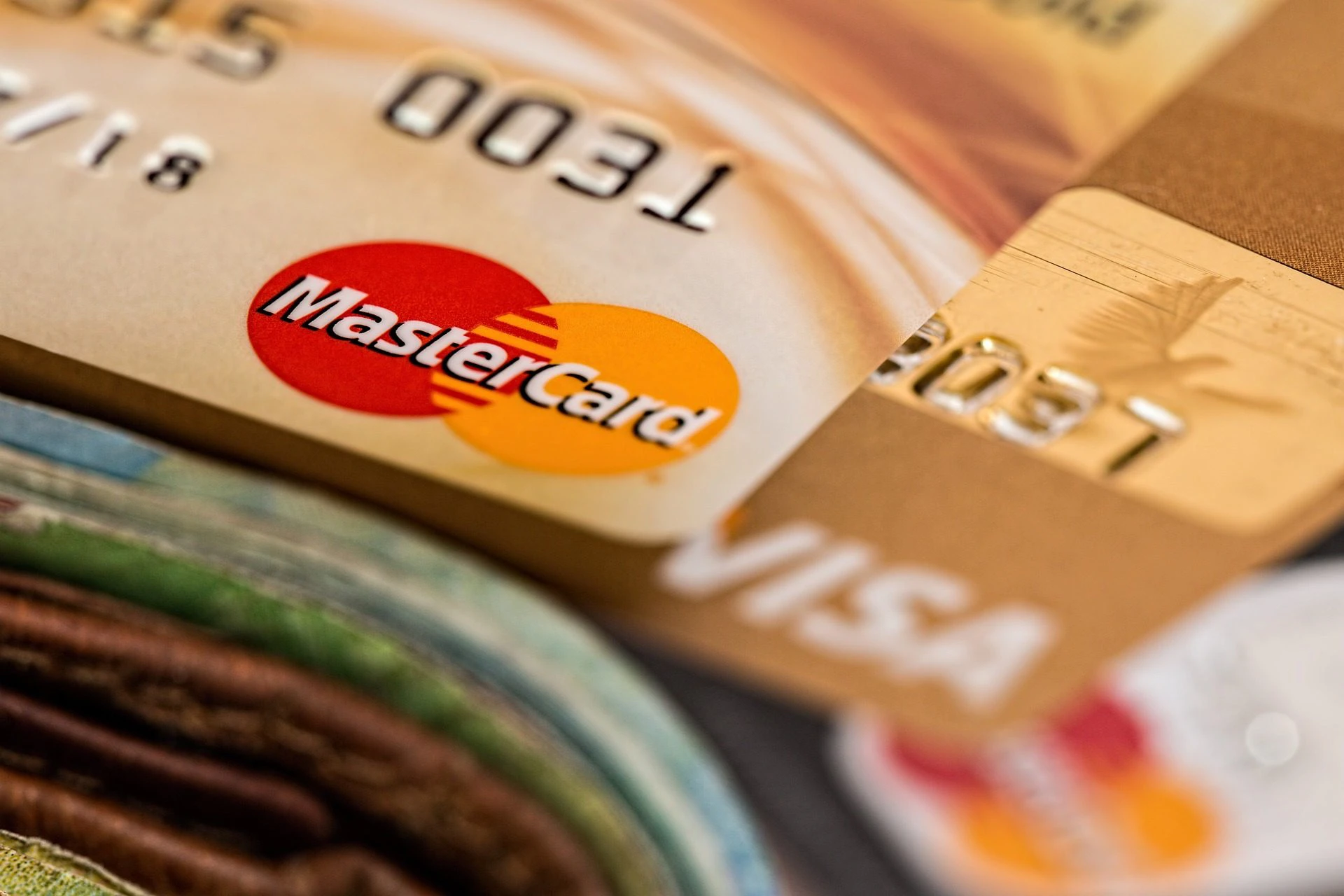Covid-19 masks impact of GB credit card betting ban

The NatCen research is the first evaluation of the credit card betting ban since its implementation in April 2020, in the first weeks of Covid-19. It marked the first time a country implemented a complete ban on credit card usage for online and in-person gambling.
Others, such as Sweden and Australia, have since followed suit.
But what sort of impact did it actually have? That impact, NatCen explains, was perhaps slightly muted in its findings released yesterday (29 August).
Was the credit card betting ban widely known?
The ban was successfully implemented although, amid the pandemic, awareness was perhaps limited. A quarter of respondents of the Gambling Commission’s Online Tracker Survey between September and December 2021 said they were aware of the ban, whether they gambled or not.
Those with a moderate to high level of gambling harm based on the PGSI scale (57%) were more likely to be aware of the ban. This declined to 29% among those with low levels of gambling harm, 23% with no reported problems and down to 11% among those that did not gamble.
NatCen also spoke to a limited sample of players as part of its study of the credit card betting ban for in-depth interviews. These players suggested there could have been a better effort to advertise the ban through wider channels to reach different demographics such as affected others and older people.
The vast majority learned of the measure through pop-up messages on gambling sites and social media, as well as operator communications.
There was a broad consensus that the ban was a positive change, although gambling harm support providers argued it was perhaps limited. They claimed more could have been done to limit other forms of borrowing to fund gambling.
Operators who were surveyed argued in favour of a risk-based approach, arguing most customers were not in any sort of financial difficulty from using a credit card to gamble.
The big Covid question
Considering the credit card betting ban’s implementation came amid the pandemic, the impact on gambling behaviour is difficult to discern, the study said.
The challenging conditions, stress and lockdowns meant those with moderate to high PGSI scores gambled more often during the pandemic. However this was also true of players with low PGSI scores.
This essentially made it challenging to discern any impact on gambling activity from the ban itself.
But has the credit card betting ban actually protected players?
However when assessing whether the credit card betting ban has actually changed player behaviour, NatCen said there was no significant change based on its preliminary analysis.
Even looking at Gambling Commission research pre- and post-ban, there was little significant difference in the likelihood of using a credit card to fund gambling.
An adjusted model, which categorised groups by Problem Gambling Severity Index (PGSI) scores, found more evidence of an impact however. Those with higher PGSI scores – suggesting they were suffering some form of harm – were much more likely to use credit cards to gamble.
This, NatCen explained, was down to post-ban research uncovering a higher number of people experiencing moderate or high levels of problems from gambling.
Use of a credit card, the research added, did not necessarily suggest a breach of the ban by operators. It could be using it indirectly such as withdrawing cash using a credit card, or purchasing national lottery products, which are not affected by the ban.
Essentially, the ban has worked best for those experiencing low levels of problems. It has done little to change behaviours among those affected by moderate to high levels of gambling problems, NatCen said.
Did the ban encourage greater awareness of responsible gambling tools?
This pattern, of a positive impact for lower-risk players, continued in usage of responsible gambling tools.
Those with lower PGSI scores were more aware of the tools available to keep their gambling sustainable, NatCen said. The credit card betting ban actually prompted these players to seek further support through banks and Citizens Advice to reduce credit card debt.
While support and treatment providers raised concerns players would turn to other forms of borrowing – at worst, fraud or criminal activity – the vast majority of players with high PGSI scores said there would be little change in their behaviour. Concerns about players moving to offshore gambling are difficult to track, NatCen added, with little oversight of the black market in Great Britain.
“While other countries have adopted similar policies to ban the use of credit card for gambling to various degree, evidence on its impact and effectiveness is limited,” NatCen said in conclusion.
